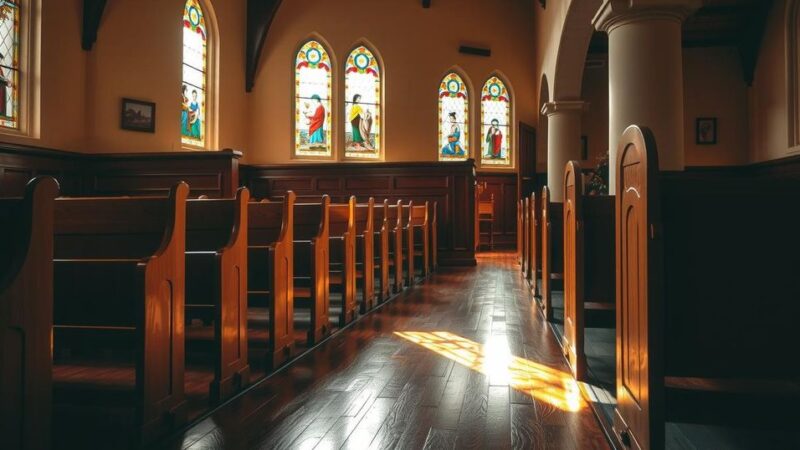President Trump plans a trip to Saudi Arabia to secure a $1 trillion investment to boost the U.S. economy, including military purchases. He has also established a strategic bitcoin reserve, funded by forfeited crypto assets, despite concerns over potential conflicts of interest and practical benefits for taxpayers.
United States President Donald Trump announced his intention to travel to Saudi Arabia to finalize a significant investment agreement, potentially securing up to $1 trillion from Riyadh for the U.S. economy. This planned trip, likely within the next six weeks, follows his first overseas visit in 2017, where he announced previous investments of $350 billion from Saudi Arabia. Trump emphasized the growth in wealth and investment potential since then, highlighting that the Saudis are prepared to invest significantly in U.S. military equipment and companies.
Moreover, Saudi Arabia is increasingly stepping into a pivotal role in U.S. foreign policy, with the country set to host a meeting focused on a ceasefire in the Ukraine conflict. The collaboration between Trump and Saudi officials extends to discussions aimed at reconciling tensions between the PGA Tour and Saudi-owned LIV Golf. Notably, Jared Kushner, Trump’s son-in-law, has launched a private-equity firm that secured a $2 billion investment from Saudi Arabia post-Trump’s presidency.
Additionally, Trump signed an executive order to create a strategic bitcoin reserve, coinciding with a forthcoming meeting with cryptocurrency industry executives. The reserve is expected to be funded with bitcoin obtained through federal asset forfeiture. David Sacks, the White House’s crypto czar, explained that the reserve will serve as a secure asset repository, likening it to a digital Fort Knox. The strategic reserve includes five digital assets: bitcoin, ether, XRP, solana, and cardano, aimed at enhancing the value of the federal government’s cryptocurrency holdings.
However, the operational details of this reserve remain ambiguous, and concerns have arisen regarding potential conflicts of interest, especially since Trump’s family owns stakes in cryptocurrency-related ventures. Critics suggest that the reserve’s creation may merely formalize existing holdings without providing substantial benefits to taxpayers. Despite this, proponents argue that it could enable taxpayers to harness the financial growth potential of cryptocurrencies.
In summary, President Trump’s upcoming trip to Saudi Arabia signifies a potentially transformative investment agreement poised to inject $1 trillion into the U.S. economy, particularly in military equipment. Simultaneously, Trump’s establishment of a strategic bitcoin reserve reflects increasing government interest in cryptocurrencies, despite ongoing debates about its implications and benefits to taxpayers. Together, these initiatives underscore Trump’s focus on international investment and the expanding role of digital assets in economic policy.
Original Source: www.dawn.com






